Earth

Educators and Parents, Sign Up for The Cheat Sheet
Weekly updates to help you use Science News Explores in the learning environment
Thank you for signing up!
There was a problem signing you up.
-
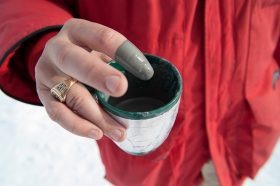 Animals
AnimalsMud worth more than gold
Reed Scherer and Ross Powell have studied mud from all over the world. It is different in each place. Mud from the Sulu Sea near Borneo is as smooth as cream cheese. Mud from Chesapeake Bay, in the mid-Atlantic United States, clings to your skin like peanut butter.
By Douglas Fox -
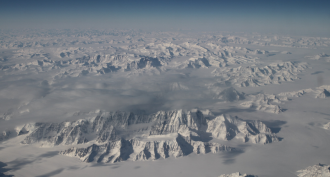 Earth
EarthExplainer: Ice sheets and glaciers
Ice sheets and glaciers give scientists clues about climate change.
By Douglas Fox -
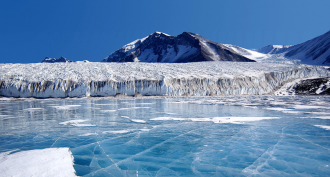 Earth
EarthExplainer: Antarctica, land of lakes
There are many, although they tend to be buried under rivers of ice.
By Douglas Fox -
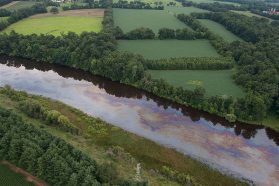 Environment
EnvironmentUnconventional spill
An accidental spill of extra-heavy crude oil points to some unusual challenges in safely getting this petroleum to market.
-
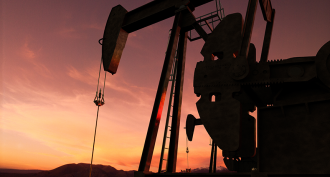 Environment
EnvironmentExplainer: All crude oil is not alike
Crude oil comes in conventional and unconventional types.
By Janet Raloff -
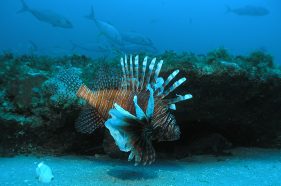 Animals
AnimalsGorgeous eco-bullies
‘Foreign’ lionfish — aquarium castoffs — have been invading American coastal waters at an alarming rate and gobbling up the natives.
By Janet Raloff -
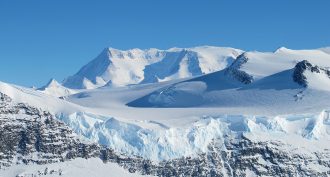 Climate
ClimateClimate change: The long reach
Scientists who study the environment to better gauge Earth’s future climate now argue that current changes may not reverse for a very long time.
-
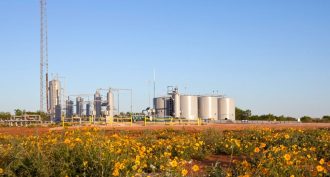 Tech
TechExplainer: What is fracking?
Energy companies have found new use for hydraulic fracturing to extract natural gas from shale rock.
By Erica Gies -
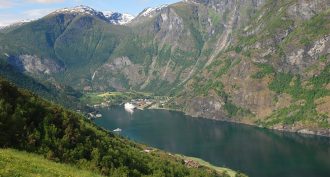 Earth
EarthQuakes cause faraway sloshing
Right after a magnitude-9 quake in Japan, scientists knew that its tremors had set distant waters in northern Europe sloshing. Now they know how.
By Sid Perkins -
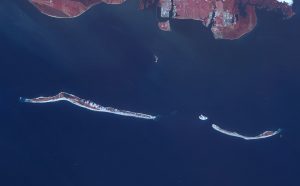 Earth
EarthNature’s coast guards
Barrier islands aren’t just for beach vacations — they protect coasts from storms and flooding.
-
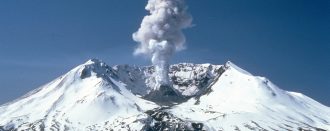 Earth
EarthHow Earth’s surface morphs
Partly melted rock acts like grease to help huge masses of the planet’s surface slip up, around and down.
-
 Earth
EarthFracking waste and quakes
Underground storage of liquid waste from these mining operations can make an area more vulnerable to tremors.